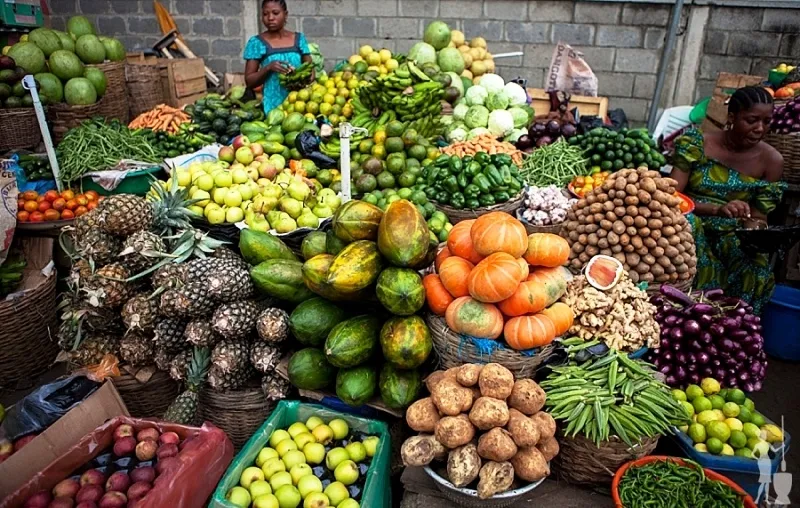There are no products in your shopping cart.
| 0 Items | £0.00 |


NIGERIA's federal government has banned the direct sales of farm produce to foreigners insisting that any such planned exports must go through licensed local buying agents as part of a move to regulate the agriculture industry.
Currently, Nigeria is the world's sixth largest agricultural producer but earns relatively little foreign exchange from farms goods because very little value is added to exports. Most of Nigerian farm good exports is primary produce, which is then processed and sold back to the country at a huge mark-up.
Beyond the issue of hurriedly disposing farm produce for foreign exchange, it was uncovered that farmers are cheated in the purchase of their farm produce by foreign buyers. Earlier today, Nigeria's ministerial cabinet, the Federal Executive Council decided to act on the matter by banning the direct sales of farm produce to foreigners.
Trade and investment minister Niyi Adebayo, explained that the plan had to do with the promotion of agri-business in Nigeria. He explained that the cabinet approved the establishment of an appropriate mechanism that would not only protect the indigenous farmers in terms of achieving the right prices for their goods and commodities but also ensure that they have the appropriate incentives and the needed encouragement to guarantee their continued participation in the farming business.
Mr Adebayo said: “We finally got approval today for only licensed local buying agents who must be registered by the relevant national commodity associations. They are the ones who now will be able to buy goods directly from the farmers and sell to the foreigners.
“This way, the farmers will no longer be cheated by these foreigners who just throw money at them and are able to buy their goods. The whole idea is that because we’re not making as much money as we used to from sale of oil, and because of reduction in the money that comes from that aspect of Nigeria’s revenue generation, we want to utilize trade as a means of generating revenue for the country.
“So, the action plan aims to utilise the existing national trade policy to facilitate an effective use of international trade and investment as tools for economic growth and poverty reduction in the country. One of the next steps that we will be taking now that we have this approval, is to inaugurate a committee which will look into the update of the existing trade policy, which was last updated in 2002."